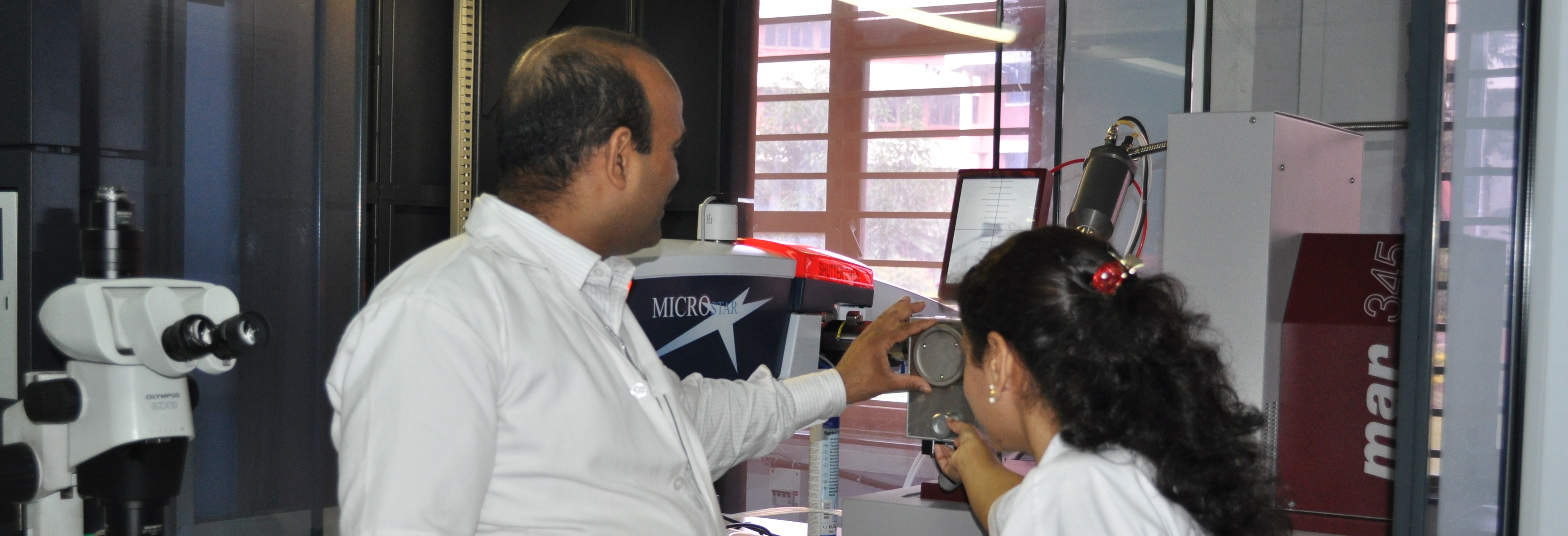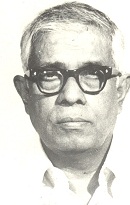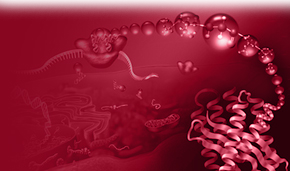|
|

|
|
Science Sparks @ ACTREC
|
 9 August 2021 9 August 2021
|
Vol. No. 10; Issue No. 487 |
|
|
Publications
|
|
1. Shetty D, Jain H, Rohil Y, Khattry N, Sengar M, Bagal B, Jain H, Gokarn A, Punatar S, Avinash Bonda VN, Subramanian P G (2021). Role of cytogenetic abnormalities detected by fluorescence in situ hybridization as a prognostic marker: Pathogenesis & clinical course in patients with B-chronic lymphocytic leukaemia. Indian Journal of Medical Research. 153:475-83
2. Punatar S, Kandekar S, Khattry N, Gokarn A, Prabhash K, Bakshi A, Rane P, Mathew L, Chiplunkar S, Kode J ( 2021). CD26 expression on donor harvest as a risk predictive biomarker for developing Graft-versus-Host Disease post-Allogeneic Hematopoietic Stem Cell Transplantation: A ten year followup study. Cancer Biomarkers.
3. Bhat V, Chavan P, Bhat P, Khattry N (2021). COVID-19-positive health-care workers in an oncology setup: Considerations for return to work. International Journal of Health and Allied Sciences. 10(3): 249-251.
4. Bishnu A, Mehrotra M, Dhadve A, Dimri S, De A, Ray P (2021). Predicting response to platinum and non-platinum drugs through bioluminescence resonance energy transfer (BRET) based bio-molecular interactions in platinum resistant epithelial ovarian cancer. Translational Oncology. 14(11):101193.
5. Anand D, Yashashwi K, Kumar N, Rane S, Gann PH, Sethi A (2021). Weakly supervised learning on unannotated hematoxylin and eosin stained slides predicts BRAF mutation in thyroid cancer with high accuracy. Journal of Pathology.
|
|
|
|
|
Interesting Reads
|
|
Fokas E, Appelt A, Glynne-Jones R, Beets G, Perez R, Garcia-Aguilar J, Rullier E, Joshua Smith J, Marijnen C, Peters FP, van der Valk M, Beets-Tan R, Myint AS, Gerard JP, Bach SP, Ghadimi M, Hofheinz RD, Bujko K, Gani C, Haustermans K, Minsky BD, Ludmir E, West NP, Gambacorta MA, Valentini V, Buyse M, Renehan AG, Gilbert A, Sebag-Montefiore D, Rödel C. International consensus recommendations on key outcome measures for organ preservation after (chemo)radiotherapy in patients with rectal cancer. Nat Rev Clin Oncol. 2021.
|
|
|
Legends of Science
|

|
Punyabrata Bhattacharya
Punyabarta Bhattacharya obtained his Ph.D. from the University of Edinburgh, UK, in 1938. He specialized in poultry science, animal genetics, animal husbandry, and animal reproductive biology. He initiated the research on artificial insemination and introduced it on a countrywide basis. His highly acclaimed work was on the behavior of ring chromosomes in Drosophila melanogaster and on the control of ovulation in the cow by hormone treatment. He was Animal husbandry Commissioner to the Government of India. Dr. Bhattacharya was the recipient of the Spallanzani Medal by the International Society of Animal Reproduction and Artificial insemination.
|
|
| |

|
Anil Kumar Ganguly
Anil Kumar Ganguly obtained his DSc from the University of Calcutta in 1949. He specialized in environmental sciences, radiation physics, and chemistry. His outstanding work was on the base exchange behavior of homo-ionic clay salts. His significant contribution was his work on theoretical radiation chemistry. He addressed the problem of health and safety, siting of nuclear power reactors, and environmental problems. He was an authority on organo-metallic interactions in the marine environment. He was an IAEA representative to advise atomic energy agencies of several countries on setting up facilities for health and safety. Dr. Ganguly was awarded the Padma Shri in 1974.
|
|
| |
|
|
Do You Know?
In 2002, The International Mouse Genome Sequencing Consortium generated the first draft sequence of the mouse genome from female mice of the C57BL/6J strain.
|

|
|
|
Cancer News
|
| |
|
Vitamin D reduces the need for opioids in palliative cancer
|
|
05 August 2021, ScienceDaily
|
|
Patients with vitamin D deficiency who received vitamin D supplements had a reduced need for pain relief and lower levels of fatigue in palliative cancer treatment, a randomized and placebo-controlled study shows...
|
|
|
| |
|
|
|
|
|
|
| |
|
Predicting skin Cancers’ potential to spread using AI
|
|
06 August 2021, Technology Networks
|
|
Using artificial intelligence (AI), researchers from UT Southwestern have developed a way to accurately predict which skin cancers are highly metastatic. The findings, published as the July cover article of Cell Systems, show the potential for AI-based tools to revolutionize pathology for cancer and a variety of other diseases...
|
|
|
|
|
© 2021 Advanced Centre for Treatment, Research and Education in Cancer (ACTREC)
|
|
